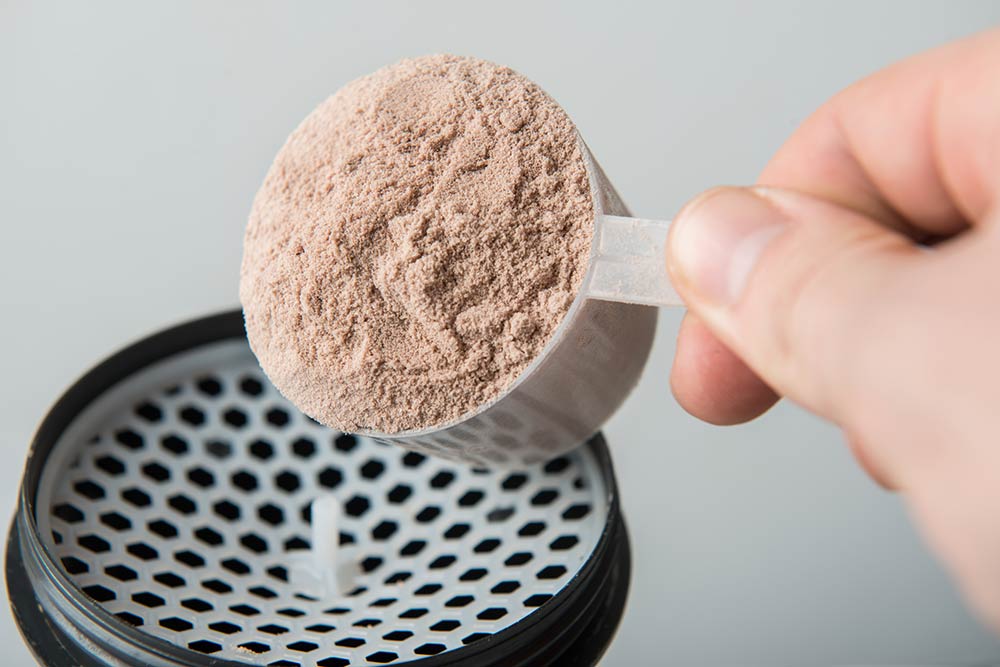Nutrition
The Dangers Of Excessive Protein Intake
The main thing people want to know about protein is how much they should eat to max out their anabolic response i.e – how much their body can use before it gets stored as fat.
Yes, believe it or not, carbs aren’t the only thing that can be stored as fat. Why is that, you ask? Because there is a difference between protein absorption and protein utilization just like with any macro.
Utilization > absorption
Absorption is not the same thing as utilization and this is the key to understanding why protein can be helpful versus harmful to your body. You can absorb almost all the protein you eat but that doesn’t mean your body is utilizing all the protein you are consuming.
Your body utilizes a specific amount of protein based on age, gender, body composition, activity level, and overall health. Anything beyond what your body can utilize –not absorb – is excessive and can have negative health implications.
Diets too high in protein can lead to an increased workload on your liver and kidneys. Your liver is a filtration powerhouse, along with kidneys, of all the toxins that enter your body. Because proteins are amino acids and amino acids have a nitrogen group on them, when your liver breaks them down you are left with the byproducts ammonia and urea.
– RELATED: A Beginner’s Guide To Protein –
Too much work
Ammonia and urea are harmful to the body when they build up in the bloodstream so your body asks your kidneys to scrub your blood of these toxic byproducts that your liver created. When you consume more protein than your body can use removing these byproducts not only leave your kidneys working overtime to rid the body of them but also your bladder because this is how the toxins physically leave the system – this is why people in liver failure have urine that smells like ammonia.
You can imagine that having a diet consistently too high in protein will be incredibly taxing on your liver and kidneys and when they have decided they’re tired from being overworked they decrease the rate at which they are filtering out the toxic byproducts from your system, which can then start to damage your brain (hepatic encephalopathy, if you are interested).

What happens?
Beyond potentially harming these major organs, a diet too high in protein for your body can lead to nutritional deficiencies and/or insufficient fiber, which can cause frustrating problems such as bad breath, headache, and constipation.
Finally, there is research going on to determine whether or not consuming a diet too high in protein can be just as negative for spiking blood sugar levels as consuming a diet too high in carbohydrates.
The research is on a process is called gluconeogenesis and it is a metabolic process that takes place in the liver and kidneys to create glucose from non-carbohydrate sources (protein in this case).
– RELATED: How To Get Protein As A Vegan –
The argument is that consuming a diet too high in protein can still lead to elevated blood sugar levels (from gluconeogenesis) which comes with an entirely new set of dangerous problems.
In summary, there are a number of reasons beyond what is talked about here why it’s prudent to have the correct protein intake for your body and goals.
Protein is not a magic macro like so many people believe it is. It has a role just like the other macros but consuming more protein than your body requires doesn’t automatically lead to lean gains, it can be dangerous, and will simply convert to sugar and then fat and be stored.
For more nutritional information, sign up for the TRAIN for HER newsletter today!






















